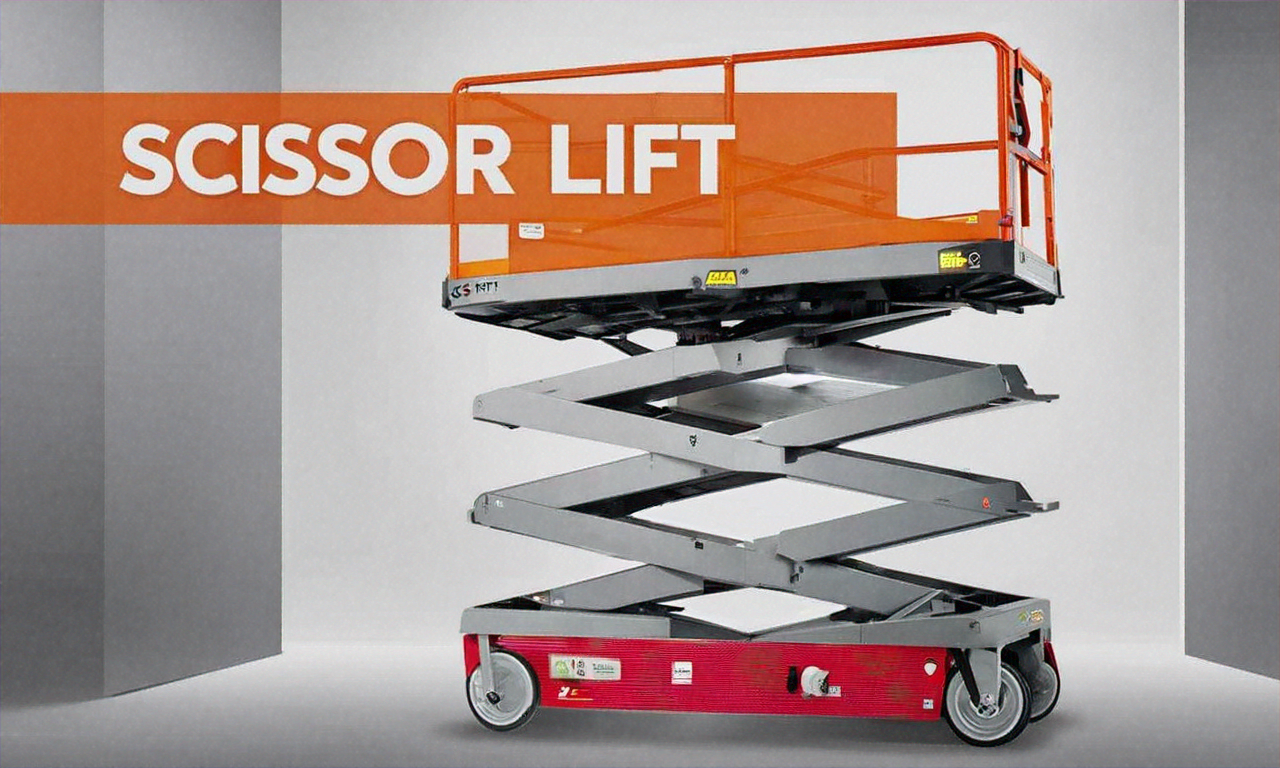Explore helpful tips on small trailers for daily use
Small trailers have become essential tools for countless Americans seeking practical transportation solutions for their daily activities. Whether you're hauling equipment for work, transporting recreational gear, or moving household items, understanding how to select and use the right trailer can significantly impact your efficiency and safety. From utility trailers to enclosed cargo haulers, these versatile vehicles offer solutions for everything from weekend projects to professional applications, making them valuable investments for both personal and business use.

Small trailers serve as indispensable companions for modern life, offering flexibility and convenience that standard vehicles simply cannot match. The key to successful trailer ownership lies in understanding your specific needs, selecting appropriate features, and implementing proper usage techniques that ensure both safety and longevity.
Discover Practical Small Trailer Features
When evaluating small trailers, several essential features distinguish quality options from basic models. Load capacity stands as the primary consideration, with most small trailers ranging from 1,000 to 5,000 pounds gross vehicle weight rating. Axle configuration affects stability, with tandem axles providing better weight distribution for heavier loads compared to single-axle designs.
Braking systems represent another crucial feature, particularly for trailers exceeding 3,000 pounds. Electric brakes offer reliable stopping power and integrate seamlessly with modern towing vehicles through brake controllers. Additionally, consider trailer materials carefully - steel frames provide durability and strength, while aluminum construction offers corrosion resistance and lighter weight for improved fuel efficiency.
Find the Right Design for Your Needs
Trailer design selection depends heavily on intended applications and storage requirements. Open utility trailers excel for landscaping materials, construction equipment, and items that don’t require weather protection. These designs typically feature removable sides and tailgates for easy loading from multiple angles.
Enclosed trailers provide security and weather protection, making them ideal for valuable tools, electronics, or items requiring climate control. Consider door configurations carefully - rear barn doors offer maximum opening width, while side doors provide convenient access in tight spaces. Roof height affects both storage capacity and wind resistance, with lower profiles offering better fuel economy but reduced interior space.
Maximize Your Daily Transportation Efficiency
Efficient trailer operation begins with proper loading techniques and weight distribution. Position heavier items toward the front of the trailer, maintaining 10-15% of total trailer weight on the tongue for optimal stability. Secure all loads using appropriate tie-down methods, including ratchet straps, chains, or cargo nets depending on item characteristics.
Route planning becomes crucial when towing, as trailers affect vehicle performance, braking distances, and maneuverability. Avoid steep grades when possible, allow extra following distance, and plan for wider turning radius requirements. Regular maintenance schedules should include tire pressure checks, bearing lubrication, and electrical system inspections to prevent roadside failures.
Learn Tips for Effective Trailer Usage
Successful trailer operation requires developing specific skills and safety awareness. Practice backing and parking in safe environments before attempting challenging maneuvers in traffic or tight spaces. Use mirrors effectively, and consider installing extended towing mirrors for improved visibility around wider trailers.
Understand your vehicle’s towing capacity thoroughly, including payload, tongue weight, and gross combined weight ratings. Exceeding these specifications can damage your vehicle, create safety hazards, and void warranties. Install proper hitching equipment rated for your specific application, including weight-distributing hitches for heavier loads that help maintain level vehicle stance.
Explore Versatile Options for Everyday Tasks
Small trailers adapt to numerous daily applications beyond basic hauling. Landscaping professionals utilize dump trailers for efficient material handling, while contractors prefer enclosed models for secure tool storage. Recreational users benefit from specialized designs like boat trailers, motorcycle haulers, or camping trailers that expand outdoor activity possibilities.
Consider multi-purpose designs that accommodate various tasks throughout the year. Removable sides convert utility trailers between open and enclosed configurations, while adjustable tie-down systems adapt to different cargo types. Some models feature fold-down gates that create ramps for loading wheeled equipment like lawnmowers or ATVs.
| Trailer Type | Typical Price Range | Key Features |
|---|---|---|
| Basic Utility (4x8) | $800 - $1,500 | Steel frame, 2,000 lb capacity, single axle |
| Enclosed Cargo (5x10) | $2,500 - $4,500 | Weather protection, rear doors, 3,000 lb capacity |
| Dump Trailer (6x10) | $3,000 - $6,000 | Hydraulic lift, heavy-duty construction, 7,000 lb capacity |
| Equipment Trailer (7x14) | $2,000 - $4,000 | Ramps, tie-down points, tandem axles |
Prices, rates, or cost estimates mentioned in this article are based on the latest available information but may change over time. Independent research is advised before making financial decisions.
Small trailers represent practical investments that enhance daily transportation capabilities while providing long-term value through versatility and durability. Success depends on matching trailer specifications to intended uses, implementing proper safety practices, and maintaining equipment according to manufacturer recommendations. With careful selection and responsible operation, these versatile tools become indispensable assets for both personal and professional applications, delivering reliable service for years of productive use.




